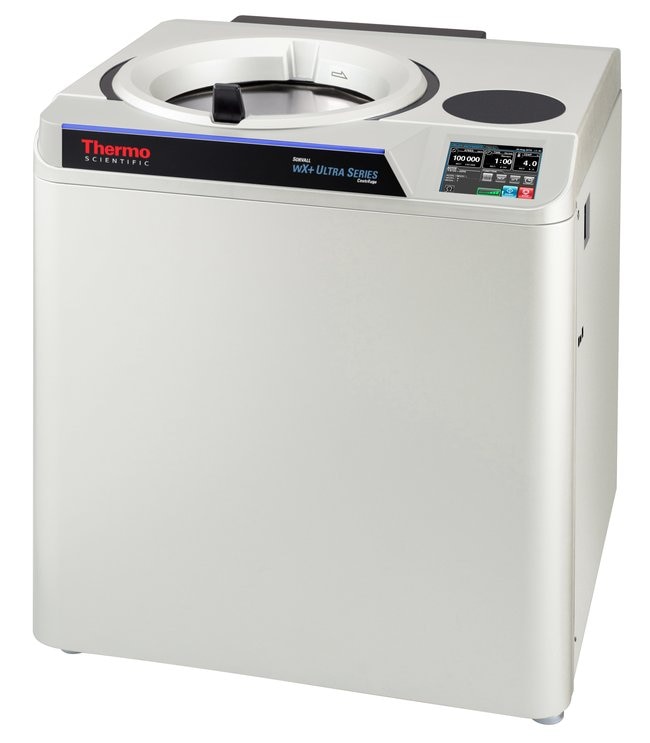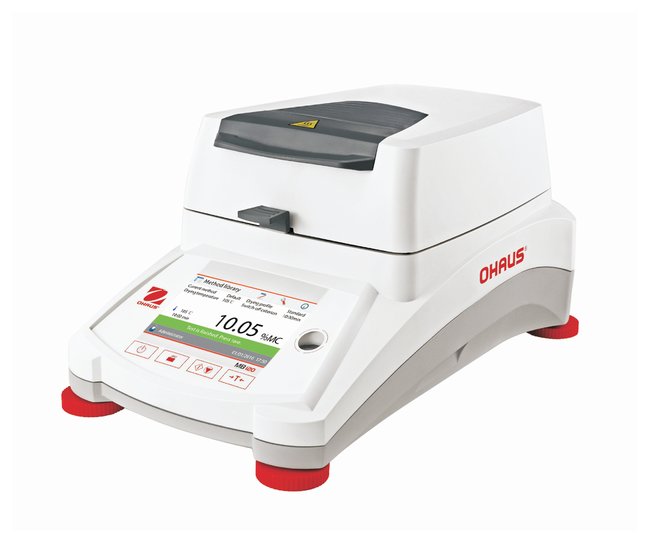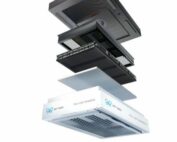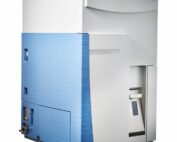Cannabis Lab Testing Equipment List & Uses
In the cannabis industry, potency testing and mycotoxin analysis are extremely important. There are a number of different pieces of lab equipment used in cannabis testing. These include:
- High-performance liquid chromatography for potency
- Inductively coupled plasma mass spectrometry for heavy metals
- Gas chromatography mass spectrometry or liquid chromatography mass spectrometry for pesticides
- Gas chromatography for residual solvent tests
Also, most states have stringent legal regulations for various types of cannabis testing, making lab testing an integral part of the legal landscape surrounding cannabis products.
New and existing lab owners need to find equipment that helps them meet these requirements while keeping costs down and increasing profitability.
What is Cannabis Testing?
Any cannabis product purchased from a licensed facility needs to have undergone a series of tests by state-accredited labs to ensure they are safe to consume and easy to dose.
The increased use and legalization of cannabis for medical purposes has also created a need for additional cannabis testing labs.
Cannabis Lab Testing Equipment
Cannabis testing requires a suite of analytical equipment, most of which are vital for cannabis labs. These labs test for cannabinoids, potency, heavy metals, pesticides, residual solvents, moisture, terpene profile, microbial and fungal growth, and mycotoxins/aflatoxins.
Analytical Chromatography (GC, HPLC): Analytical chromatography is used to determine the presence and concentration of various components in a cannabis sample. It involves dissolving a sample into fluid and pouring it through an absorbent.
Different compounds move through the absorbent at different rates leaving colors behind. The color separation determines the presence and concentration of the different compounds.
The two most widely used analytical chromatography methods are gas chromatography (GC) and liquid chromatography (LC), and more particularly, high-performance liquid chromatography (HPLC).
You’ll need GC if you are testing THC potency, residual solvents, cannabinoid characterization, and terpenes.
HPLS will quantify the potency of the sample. It will also accurately determine the levels of THC, THCA, CBD, CDBA, and CBN. Preference is given to non-gas chromatography methods because GC adds high amounts of heat to samples, decarboxylating cannabinoids in the process.

Mass Spectrometry (MS) (GCMS, LCMS): MS measures the masses of molecules and chemical compounds within a sample. Testing with MS equipment is versatile due to its ability to analyze pesticide residues, terpenes, and cannabinoids.
MS instruments also provide a more accurate method for trace-level analysis of mycotoxins and allow for a more reliable and robust analysis of pesticide residues and terpenes.

Nuclear Magnetic Resonance Spectroscopy (NMR): NMR measures the magnetic fields around atomic nuclei. A sample is placed in a magnetic field and bombarded with radio waves, exciting the nuclei, which radio receivers can detect.
This process measures the changes in the magnetic fields’ frequency, detailing molecules’ structure and chemical compounds.

Quantitative Polymerase Chain Reaction (qPCRs): qPCRs will identify genes needed to produce CBDA or THCA. It also identifies microbes, bacteria, or fungus living inside the plant.

Benchtop and Ultra Centrifuges: Centrifuges allow you to separate samples quickly and accurately to maximize the efficiency of cannabis testing. They are ideal instruments for any extraction application.

Moisture Analyzers: This method will help determine THC content if water changes make results inaccurate. Moisture analyzers are an easily repeatable and reproducible way to measure water content.

Cannabis Lab Testing Applications/Solutions
Cannabis lab testing equipment enables labs to extract natural cannabis compounds from the raw plant and test it for potency and contaminants. The most common applications include:
| Application | Description | Recommended lab equipment |
|---|---|---|
| Extraction | Raw material processing | Mills, grinders, homogenizer devices, and solvent evaporation systems, including rotary evaporators and process scale evaporator devices. |
| Potency/ Cannabinoid Analysis | Analysis for cannabinoid profiles. Cannabinoids determine the overall effect and strength of the cannabis strain, as different cannabinoids have distinct medical effects.
Note: Most states only require testing and reporting for the dry weight percentages of delta-9-tetrahydrocannabinol (Δ9-THC) and cannabidiol (CBD). |
HPLC is considered the gold standard in potency testing. However, you can also use ultrahigh-pressure liquid chromatography (UHPLC), LC-MS, and LC-MS/MS.
Consider a turnkey HPLC analyzer that integrates instrument hardware, software, consumables, and proven HPLC methods. |
| Terpene Profile Analysis | Terpenes are common constituents of the cannabis plant that produce distinctive flavor, aroma, physical and mental effects.
They also act as essential medicinal hydrocarbon building blocks, influencing the product’s overall homeopathic and therapeutic effects. Terpenes characterization and their synergistic effect with cannabinoids are key for identifying the optimal cannabis treatment plan for patients. |
GCMS with headspace autosampler |
| Heavy Metal Testing | Heavy metals include lead, cadmium, arsenic, and mercury. As plants grow, they may draw in these toxic metals from the soil and fertilizers. Cannabis labs test and confirm that samples are under the allowable toxic concentration limits. | Heavy metal testing is done through Inductively Coupled Plasma Mass Spectrometry (ICP-MS). ICP-MS determines which elements are present within the sample and at what levels |
| Pesticide Testing | Most pesticides are harmful to humans, hence the need to confirm their absence.
Note: The number of pesticides that need to be tested varies from state to state; thus, the equipment requirements may vary depending on the state legal requirements. |
LC-MC or GC-MC
Whether you choose LC or GC, you’ll need a system with a triple quadrupole mass spectrometer that offers ultra-low detection capabilities. |
| Residual Solvent Testing | During the extraction of cannabinoids and terpenes from the cannabis plant, chemicals also commonly referred to as residual solvents are leftover from the process.
These chemicals include ethanol, butane, propane, and hexane, which are not safe for human consumption. Most states require verification that all traces of these chemicals have been removed. |
GC or GC-MS with a headspace autosampler and a flame ionization detector (FID) |
| Microbe, Fungus and Mycotoxin Testing | Most states require cannabis testing labs to analyze samples for any fungal or microbial growth resulting from production or handling, as well as for mycotoxins, which are toxins produced by fungi. | LCMS (triple quadrupole mass spectrometer) can be used to qualify and identify strains on mycotoxins.
You can also use enzyme-linked immunosorbent assay (ELISA), quantitative polymerase chain reaction (qPCR), or matrix-assisted laser desorption/ionization time-of-flight mass spectrometry (MALDI-TOF MS) to determine the amounts present. |
| Moisture Content and Water Activity Testing | Most states require moisture content testing, since moisture can be extremely detrimental to the quality of stored cannabis products | Testing is done using a thermogravimetric method with a moisture balance instrument |
Factors to consider when selecting cannabis lab testing equipment
Your needs and requirements: Different steps in the cannabis supply chain utilize labs. Whether you are catering to growers who want to test crops to ensure their yields are free of residual solvents, distributors that want to verify cannabinoid classification, DNA strain, and potency will determine your lab’s needs and requirements.
Legal requirements: Different states have different requirements when undertaking cannabis testing. For example, when testing for pesticides, Colorado requires you to test for only 13 pesticides, Oregon 59, and California 66.
Thus, the lab equipment you choose should be able to provide results that meet the legal requirements of the state you operate in. States with stricter laws may require additional equipment or equipment models with more advanced capabilities and higher measurement precision.
Support: Get equipment from vendors that provide the equipment and technical knowledge, and support to help your lab be successful. Areas of support include method development, training, maintenance, and servicing of the equipment and establishing quality assurance-quality control plans.
Software compliance: Ensure the equipment you choose provides comprehensive features, controls, and functionality that assure data integrity in your cannabis laboratory.
These controls’ broad nature allows a compliant data management environment to be quickly and easily established, whether working with a small number of instruments within a single laboratory or with multiple instruments across a large number of laboratories.
Costs and profitability: Consider the required instrumentation, approximate cost of the instrumentation, revenue per analysis, samples analyzed, break-even time after instrument purchase, and monthly expenses for major consumables.
Depending on your needs and requirements, you can opt to purchase, lease/finance, or rent the equipment to keep costs down and increase profitability.
Final thoughts
With technological advancement, new and improved cannabis testing equipment is constantly being developed. An example is a MyDx Analyzer, a handheld plastic device with a series of sensors that allows you to detect chemicals in the sample. It also allows you to analyze the flower’s content of THC, CBD, CBN, THCa, and CBDa cannabinoids, as well as more than 20 terpenes. Deciding whether this is good for you depend on your lab needs and objectives.
Whether the lab is testing cannabis to meet state requirements or certifying it as safe for human consumption, laboratory testing reduces growers’ and users’ risks and ensures delivery of a quality product.
Investing in the right cannabis lab testing equipment is very important, and sourcing the right equipment is the first step you need to take if you want to increase your lab’s productivity and profitability.
CFI can provide a variety of materials and styles for cannabis lab casework and furniture. Materials include metal, stainless steel, polypropylene, wood and laminate.
The casework is also available in different heights, including sitting, standing, and ADA. Depending on the testing is may be necessary to look into equipment that can withstand chemicals, liquids, and heat. CFI also provides chemical resistant laminate, stainless steel, phenolic, and epoxy resin countertops. We also multiple styles of fume hoods to meet the requirements of your lab space.





